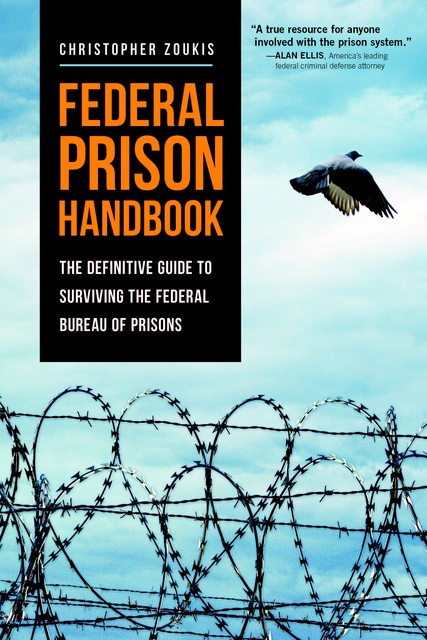by Casey J. Bastian
“The vast majority of people whose deaths we are witnessing at the hands of law enforcement do in fact have disabilities”—HEARD Volunteer Director and Community Lawyer Talila Lewis
In a nation that prides itself on justice and equality, why are disabled individuals so …
by Casey J. Bastian
Legal scholars and practitioners have begun raising concerns that there is a lack of judicial diversity on court benches in America and abroad. While there have been serious efforts to increase racial and gender diversity, a more impactful form of diversity—professional diversity—is often overlooked. …
by Casey J. Bastian
Nationwide, on any given day, more people are on probation than in prisons and jails and on parole combined. —The Pew Institute
The concept of probation began with one Massachusetts man circa 1841. Motivated to assist the less fortunate, he’d post bail and …
by Casey J. Bastian
Probation officials play a critical role in the criminal justice process. These officials create pre-sentencing reports containing both legal and extralegal information about the offender. This information is used to fashion sentencing recommendations. One factor considered is remorse. If the offender shows remorse, more lenient …
by Casey J. Bastian
Implementing legal mechanisms to prevent “future crime” is a common theme of science fiction involving dark, dystopian future societies. But it is happening here in America today. Twenty states allow the indefinite detention of certain offenders after completion of their sentences. Minnesota commits a …
by Casey J. Bastian
The Death Penalty Policy Project (“DP3”) analyzed exoneration data compiled by the National Registry of Exonerations (“NRE”) for 2023. The results are disturbing. Another 153 convicted people were exonerated. At least 19 resulted from either them or a witness being threatened with …
by Casey J. Bastian
“Having an encounter with police … is an unsettling encounter for anybody, but for someone with autism, it can be extremely distressing.”
—
Helen Lyons, Metropolitan Police Detective Superintendent, Adults Neglected, Vulnerable and Abused Division
Anyone who has experienced even a simple …
by Casey J. Bastian
In September 2022, the U.S. Sentencing Commission (“USSC”) published its Compassionate Release Datafile (“Datafile”). The Datafile reported the statistics concerning motions for compassionate release filed between October 1, 2019, through March 31, 2022. In that 30-month period, 26,212 filed cases were reported to the …
by Casey J. Bastian
The Innocence Project (“IP”) and the National Registry of Exonerations (“NRE”) each keep track of and list wrongful convictions. Each also works to identify the causes of those wrongful convictions and how forensic science-related errors is considered an “influential factor” in many of these injustices. When a study revealed a discrepancy in the contribution coding data between the IP and NRE lists, a five-year reconciliation process commenced. The result was an interim report entitled: “The Contribution of Forensic and Expert Evidence to DNA Exoneration Cases.”
In 2017, researcher Gerald LaPorte (“LaPorte”) published his findings on the relationship of forensic science to wrongful convictions. LaPorte observed that the coding of forensic science as a factor in 342 DNA exoneration cases did not match between the IP and NRE lists. The IP had identified forensic science as having a contributory role in 157 of those cases. Yet the NRE had identified forensic science as a factor in only 133 of the same cases.
LaPorte was raising important questions about the accuracy of the data pertaining to the alleged role forensic science actually plays in contributing to wrongful convictions. The questions in LaPorte’s report concerned …
by Casey J. Bastian
“The mistakes of lie detection are costly to society and people victimized by misjudgments. The stakes are really high.” — Maria Hartwig, John Jay College of Criminal Justice
For as long as human beings have communicated, many have practiced the art of deception. That people can lie is a fact of everyday life, and lie they will. Research suggests that an average person will tell two lies per day. Research also shows that during a typical 10-minute conversation, 60 percent of people will tell a lie. Obviously, some lie much more frequently than others. The motives are as varied as the actual lies.
The great majority of lies are low-stakes. These are the “little white lies” – about personal attitudes, feelings, and opinions – told to preserve and support social cohesiveness. And while some damage can be caused by these lies, they are generally harmless.
The darker side of deceptions and lies are considered high-stakes. Lies people consider serious, often told to hide significant transgressions such as cheating on a test or an infidelity to a spouse. The most serious of these are told to hide criminal acts and are …





